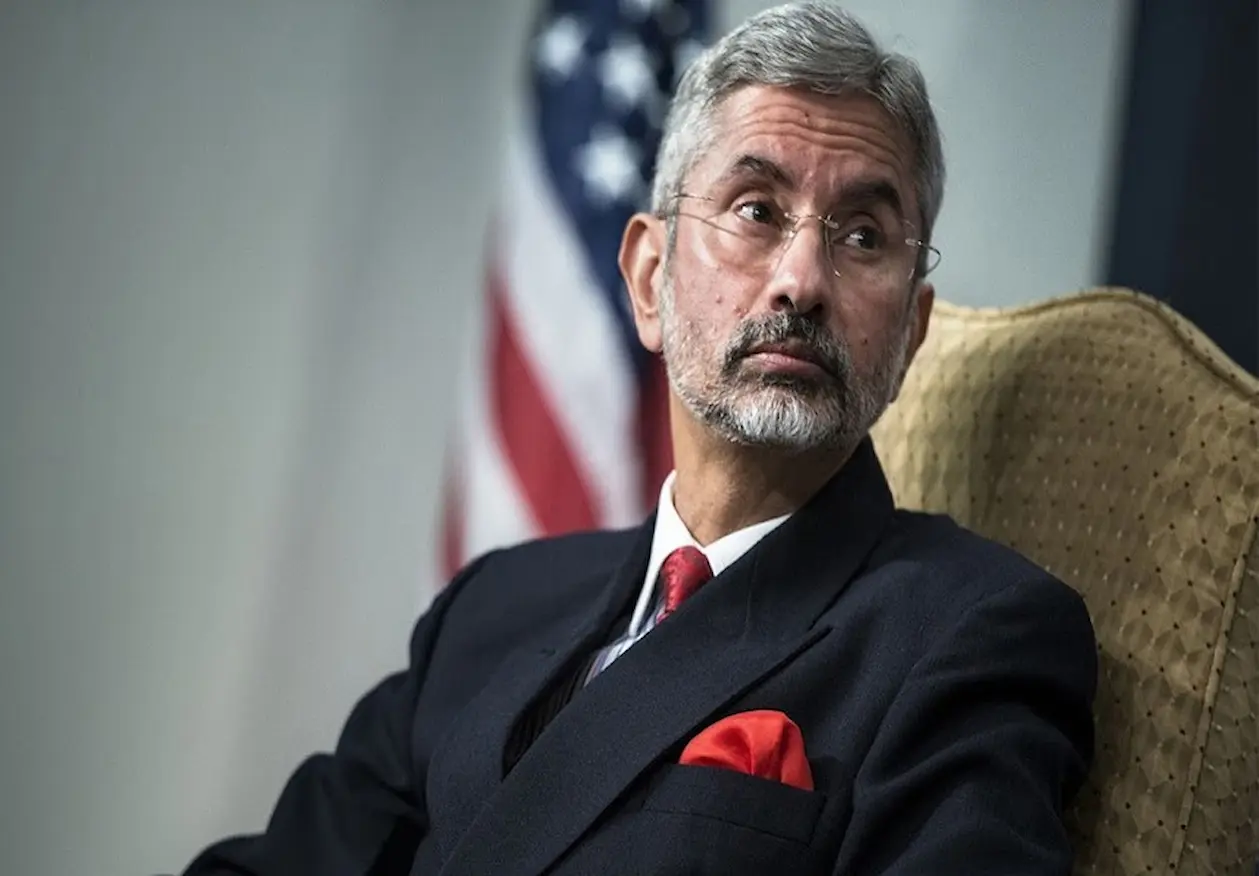
External Affairs Minister Dr. S. Jaishankar has denied former U.S. President Donald Trump’s claim that India agreed to a zero-tariff trade deal
India refutes and has firmly dismissed U.S. President Donald Trump’s assertion that New Delhi has agreed to a zero-tariff trade deal with Washington. External Affairs Minister S. Jaishankar set the record straight, emphasizing that trade negotiations between the two nations remain ongoing and complex, with no final agreement in place. His remarks came in response to Trump’s claim that India had offered a tariff-free arrangement, a statement that quickly sparked debate among policymakers and trade analysts.
Jaishankar underscored that any trade deal must be mutually beneficial, ensuring fair terms for both countries rather than unilateral concessions. He cautioned against premature conclusions, reiterating that India’s approach to trade agreements is strategic and calculated, prioritizing national interests while fostering economic cooperation.
Trump’s comments, made during a business forum in Qatar, have reignited discussions on India-U.S. trade relations, particularly in light of recent tariff disputes and market access negotiations. While India has been working toward reducing trade barriers, Jaishankar’s response signals that New Delhi is not willing to compromise its economic sovereignty for the sake of expedited agreements.
As trade talks continue, the global community watches closely to see how India navigates its economic diplomacy with the U.S., balancing growth, fairness, and strategic interests in an evolving geopolitical landscape.
Table of Contents
India Refutes Trump’s Zero-Tariff Claim: What Was Said?
Speaking at a business conference in Doha, Trump asserted that India had offered the U.S. a zero-tariff trade deal, implying that India was making significant concessions.
However, experts quickly questioned the validity of Trump’s statement, as there has been no formal confirmation from Indian authorities regarding such an agreement.
What Experts Say:
- International trade analysts suggest Trump’s statement might have been a generalized remark, not based on actual negotiations.
- Indian economic officials emphasize that trade talks are still ongoing, and India would not enter into an unbalanced agreement that disregards its domestic industries.
Jaishankar’s Response: Setting the Record Straight
In a press briefing, Dr. S. Jaishankar firmly rejected Trump’s claim, reiterating that India:
- Has not agreed to a zero-tariff trade deal.
- Is engaged in trade negotiations, but no final deal has been reached.
- Will ensure any future agreement benefits both nations rather than favoring one side.
India’s Trade Strategy:
Jaishankar emphasized that trade deals must be based on reciprocity and long-term benefits, reinforcing India’s stance on fair negotiations rather than unilateral concessions.
India-U.S. Trade Relations: Where Do They Stand?
Despite Trump’s statement, India and the U.S. continue to engage in strategic economic discussions.
Key Trade Developments:
- India has increased exports to the U.S., strengthening its role in global supply chains.
- Discussions on tariff reductions for specific products remain under review.
- The Indian government aims to boost technology and energy trade while maintaining protective measures for domestic industries.
While Trump’s claim sparked speculation, actual trade negotiations are still evolving, with Commerce Minister Piyush Goyal scheduled to visit the U.S. for further discussions.
Conclusion
India’s firm rejection of Trump’s zero-tariff claim underscores its commitment to balanced trade policies. Dr. Jaishankar’s statement clarifies that India remains open to negotiations but will not agree to lopsided deals. As India continues discussions with U.S. officials, the focus remains on economic diplomacy, strategic partnerships, and mutually beneficial agreements that support domestic growth and international cooperation.
India’s approach to trade diplomacy has consistently emphasized fairness, reciprocity, and long-term economic sustainability. By refuting Trump’s assertion, Jaishankar has signaled that New Delhi will not succumb to external pressure but will instead prioritize domestic industries, employment, and economic resilience. This measured response highlights India’s strategic autonomy in global trade discussions, ensuring that any future agreements align with its broader economic vision.